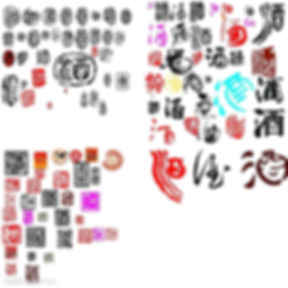Hermann J. Wiemer Riesling 2016

Medium gold coloured. Big, intense nose of ripe peach and pineapple with notes of citrus and citrus blossom and citrusy herbs and just a little wet river rock minerality. 9% ABV is not exactly dry. 12% ABV confirms its medium-body, albeit with an excellent mouthfeel; it balances classic, Riesling fruit from moderate climates: peachy and citrusy. There is almost a peach pulp feel to the concentration on the mid-palate before it becomes all about lime zest and just a little pith on a long, not-quite-dry finish. Several years' bottle age make it slightly complicated. We worked on 4 of its single-vineyard Rieslings the past years and all their bottles filled with characters. Hermann J. Wiemer is considered the best producer of Riesling in the USA is well-liked by Riesling aficionados. It was one of the early pioneers of the Finger Lakes appellation and today; the Wiemer winery is considered the benchmark producer of Riesling in the United States. Hermann emigrated from Germany to the United States in the 1960s and eventually settled down at Seneca Lake. Hailing from a long line of winemakers, Hermann was uniquely qualified to help establish a wine region that is now synonymous with Riesling. His mother's family had been making wine in the Mosel for more than 300 years while his father was a skilled nurseryman. The latter had overseen the Agricultural Experiment Station in Bernkastel, where he was responsible for restoring vines in the Mosel region after World War II. It was Hermann's father who convinced Dr Thanisch, who maintained arguably the most famous Riesling vineyard in the world, to graft Mosel Rieslings onto American rootstock. Wiemer listed eight times in the 'Top 100 Estates' by Wine & Spirits Magazine and is well commented by critics like Robert Parker, Eric Asimov and Stuart Piggott, consistently rate Wiemer as the top Riesling producer in the United States. Hermann J. Wiemer's winemaking processes pay homage to the ancient winemaking tradition. Making relies on modern practices. Winemaker Fred Merwarth crafts the wines in tiny lots to focus on subtle differences between site blocks within vineyards and even clones within varieties. The winery utilizes up to 25 different fermentation tanks within the cellar to isolate vineyard sections, and pickings date to best showcase the varietal's characteristics. Hermann J. Wiemer's small-lot production allows for more control of the final product but is extremely labour intensive.






















